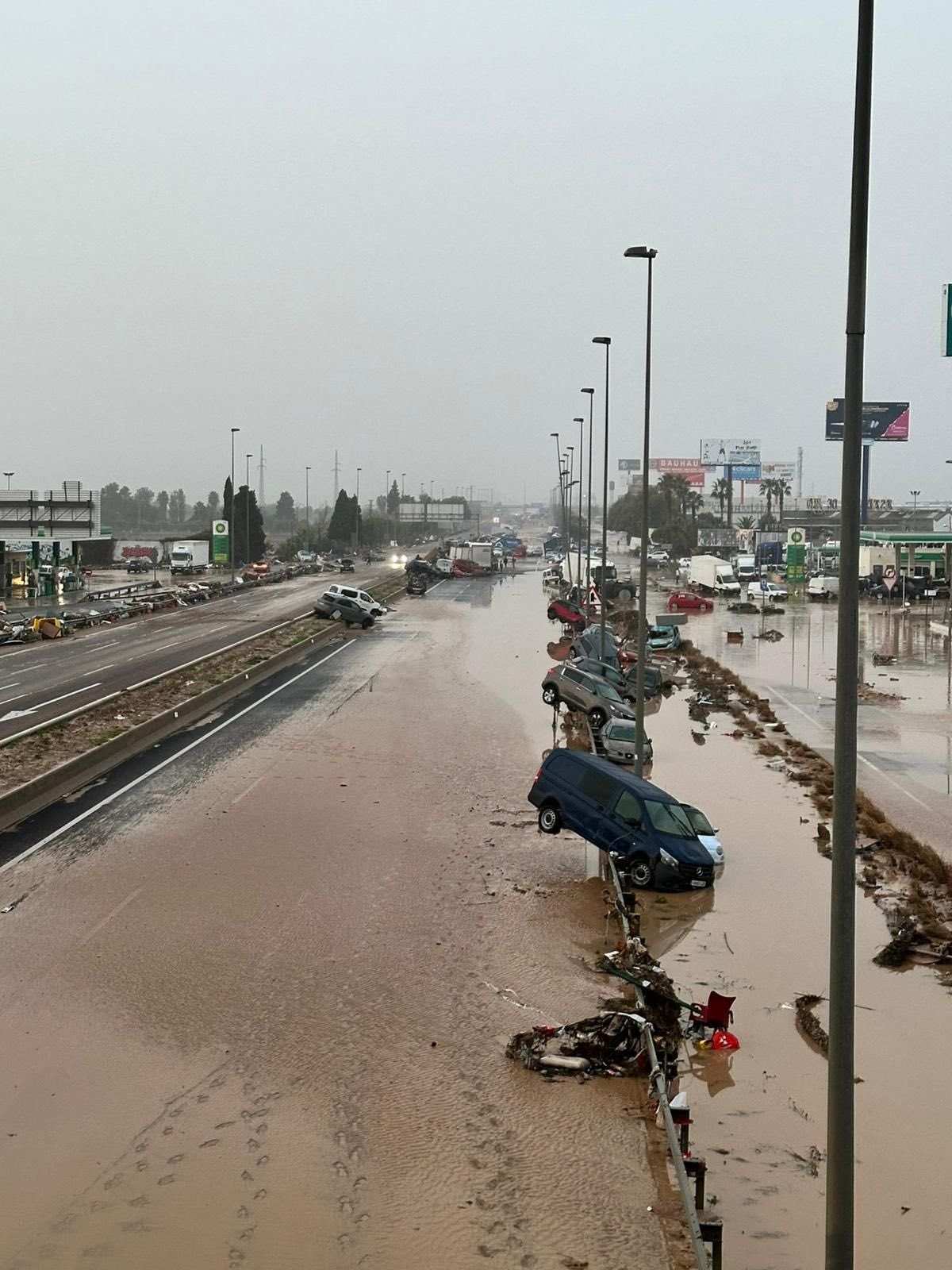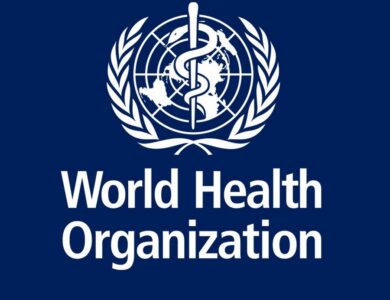Eastern Spain Floods Claim 158 Lives, Marking Deadliest Disaster in Modern History

The death toll from catastrophic floods in eastern Spain has risen to 158, as regional authorities and emergency services report, marking this as the deadliest flooding incident in the nation’s modern history. The government has declared three days of mourning, with Prime Minister Pedro Sánchez urging citizens to remain indoors and heed emergency services’ guidance.
The floods primarily impacted the eastern region of Valencia, where 155 bodies have been recovered, alongside three fatalities reported in Castilla-La Mancha and Andalusia. With rescue operations ongoing, authorities have not confirmed how many individuals remain unaccounted for, but Defense Minister Margarita Robles warned that the toll could increase as rescuers face challenges reaching certain areas.
In a show of solidarity, flags at government buildings flew at half-mast, and a nationwide minute of silence was observed following the devastation. The floods wreaked havoc on Valencia’s infrastructure, sweeping away bridges, roads, and railway tracks, while farmland lay submerged. Survivors recounted harrowing experiences, describing the sudden surge of water that transformed narrow streets into lethal torrents and flooded homes.
Residents expressed frustration over the delayed mobile alerts regarding the severe weather, with some towns reporting that warnings only came after flooding had already begun. Laura Villaescusa, a resident of La Torre in Valencia, emphasized the tragedy of lost lives that could have been avoided with timely notifications.
Meteorologists indicated that a year’s worth of rain fell in just eight hours in some areas of Valencia, exacerbating the already critical situation. The phenomenon, known as “gota fría” or “cold drop,” occurs when cold air moves over warm Mediterranean waters, causing severe atmospheric instability and heavy rainfall. Experts have also linked the increasing severity of such weather events to the ongoing climate crisis, highlighting how warming waters enhance evaporation and contribute to intense storms.
In La Torre, among the victims were eight bodies discovered drowned in a garage, which included a police officer. Additionally, a 45-year-old woman was found deceased in her home. Transport Minister Óscar Puente reported extensive damage, noting that around 80 kilometers of roads were severely affected and many remained blocked by abandoned vehicles, some containing victims. He estimated that it could take up to three weeks to restore the high-speed rail link between Madrid and Valencia.
King Felipe VI remarked that the emergency was not yet over, as Aemet issued its highest alert level for the province of Castellón and amber alerts for Tarragona and Cádiz.
In the small town of Utiel, where six lives were lost, residents struggled to comprehend the destruction as they cleared mud and debris from their homes. Local authorities, including the military’s emergency unit and civil protection agencies, coordinated recovery efforts amidst the chaos. In areas where the Magro River overflowed, floodwaters reached heights of three meters, severely impacting older residents and those with mobility challenges.
Utiel’s mayor, Ricardo Gabaldón, expressed the community’s dire need for assistance, stressing that although six lives were lost, the potential for further casualties was significant. He highlighted ongoing issues with water access and power outages, noting that many residents were now homeless. “There are hundreds of people who’ve lost everything— their homes and businesses,” he stated.
The floods in Valencia have become the deadliest in Spain since 1973, when at least 150 fatalities were reported in southern provinces, including Granada and Almería. The incident serves as a grim reminder of the increasing intensity and frequency of extreme weather events across Europe, further illustrated by the 243 deaths caused by severe flooding in parts of Germany, Belgium, Romania, Italy, and Austria in July 2021.
As recovery efforts continue, the situation remains critical, with local authorities calling for national support to aid those affected by this devastating disaster.








